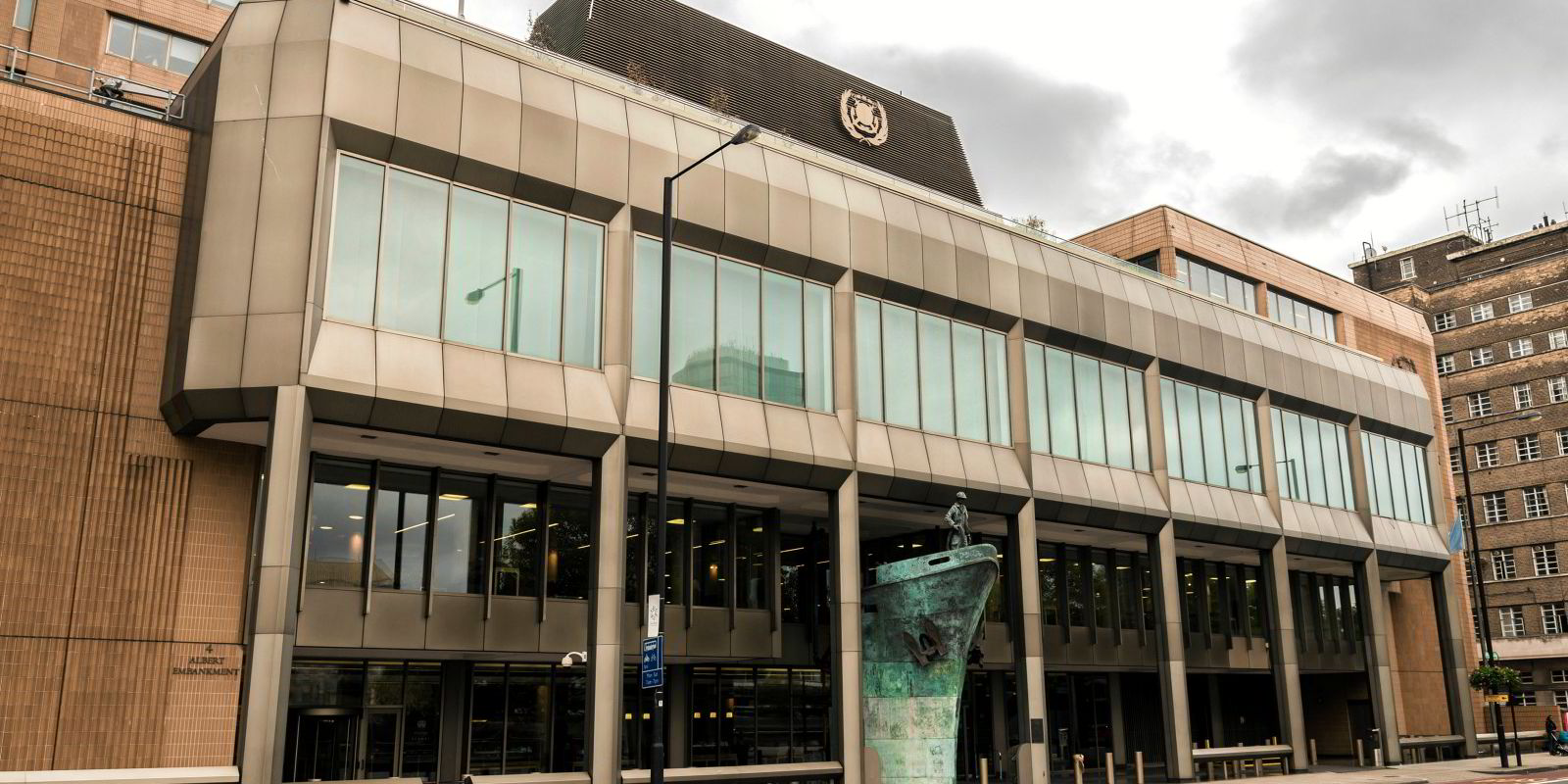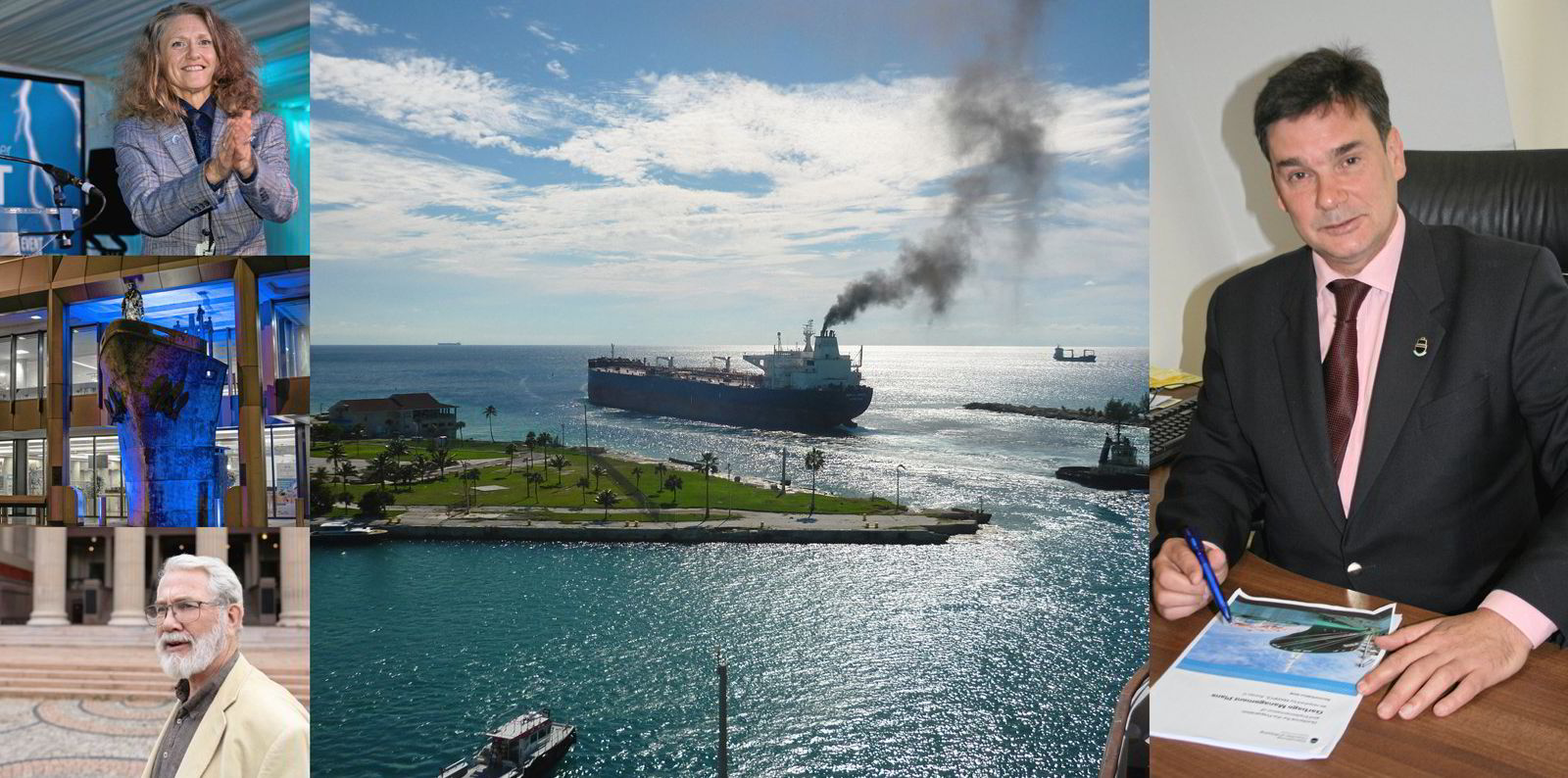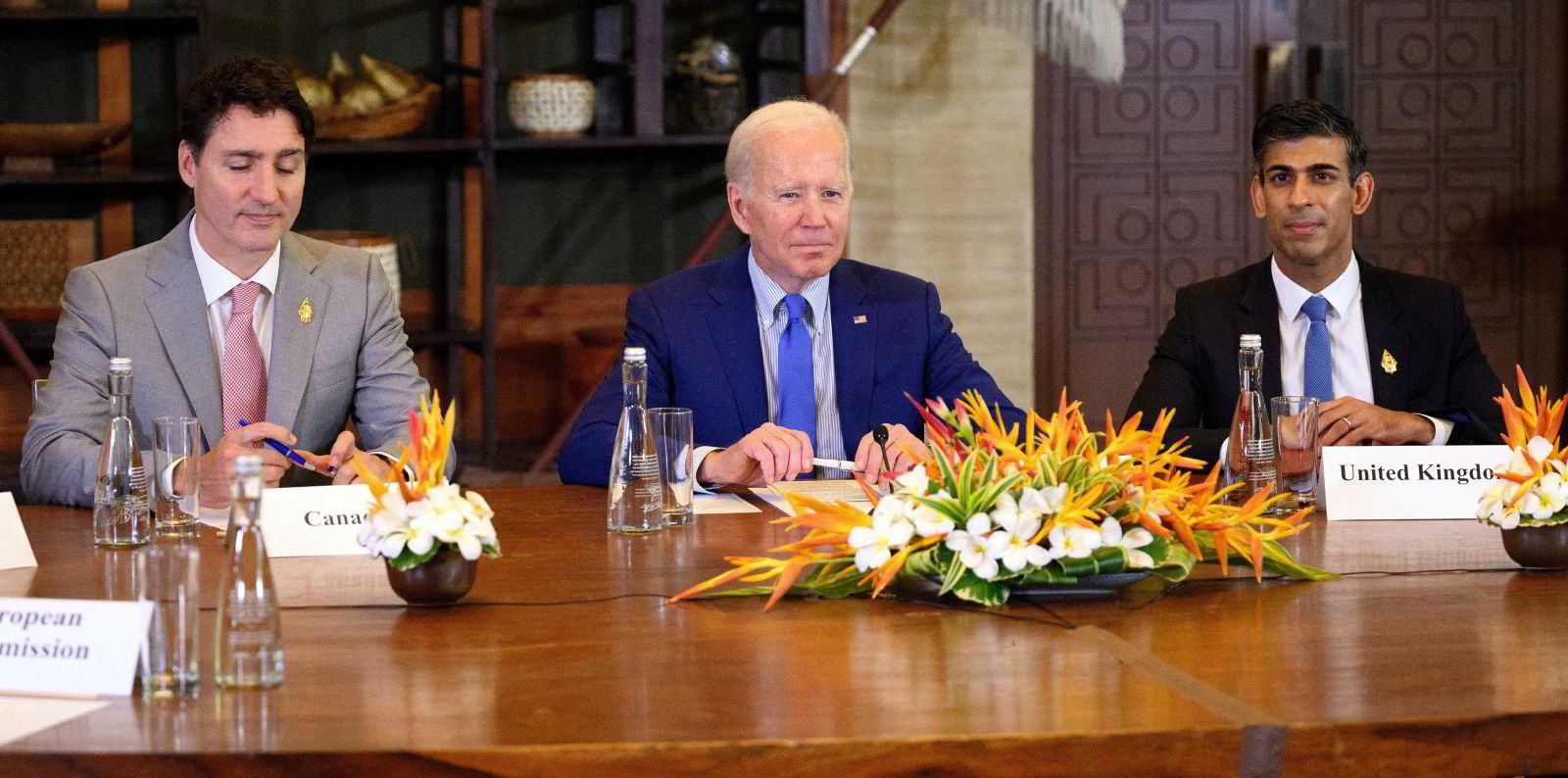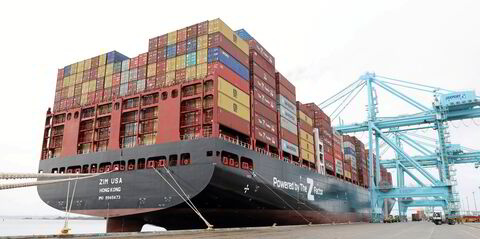China is among a group of 12 developing countries attempting to block the International Maritime Organization from setting a target to achieve zero emissions by 2050 at a decisive meeting in July.
An IMO working group is gathering this month to outline a revision of its decarbonisation targets ahead of formal approval by the regulator at its summer Marine Environment Protection Committee meeting.
The indications are that the IMO is moving toward a zero, or net zero, emission target for 2050.
As earlier reported by TradeWinds, the US, UK and Canada are pushing for zero greenhouse gas emissions no later than 2050 along with a series of intermediary targets. The European Union and Japan are also behind full decarbonisation by 2050.
But a developing country alliance, which also includes India, Brazil, Argentina, South Africa, Saudi Arabia and the United Arab Emirates, is arguing that the IMO should hold fire on committing to full decarbonisation by 2050 and instead review its targets every five years.
Chinese President Xi Jinping has committed the country to carbon neutrality by 2060, however. That means China’s IMO negotiating team will not be able to sign up to net zero 2050, according to others involved in the talks.
Some have suggested a compromise using less specific language, such as “by mid-century”, although that would appear unacceptable to many Western nations.
In a paper submitted to the working group, the alliance says it strongly believes the shipping industry should not be held to the same decarbonisation targets outlined under the Paris Agreement on climate change to limit global warming to 1.5C.
“It is problematic to propose a direct alignment of international shipping goals to the temperature goals of the Paris Agreement, given that the maritime sector is responsible for less than 3% of global emissions while being essential for the transport of 80% of global trade,” the paper’s co-sponsors said.
They argue for “cautious” and gradual” steps which will not impact on world trade, pointing out that developing countries cannot afford the additional costs of shipping decarbonisation when they eventually filter down to the consumer.
“The IMO should avoid a scenario in which efforts to combat climate change lead to increases of poverty in developing countries, which would contradict, among others, the objectives of the 2030 Agenda for Sustainable Development to put an end to poverty,” the group said.
The polar positions of first-world economies and developing countries over the decarbonisation debate highlight the balancing act the IMO has to perform.
Common but differentiated
It must adhere to the United Nations’ principle of Common But Differentiated Responsibilities and Respective Capabilities, or CBDR-RC, which applies different levels of responsibility to developing and developed states in responding to environmental issues.
At the same time, it has to push through a radical decarbonisation programme, which might have negative implications for developing economies.
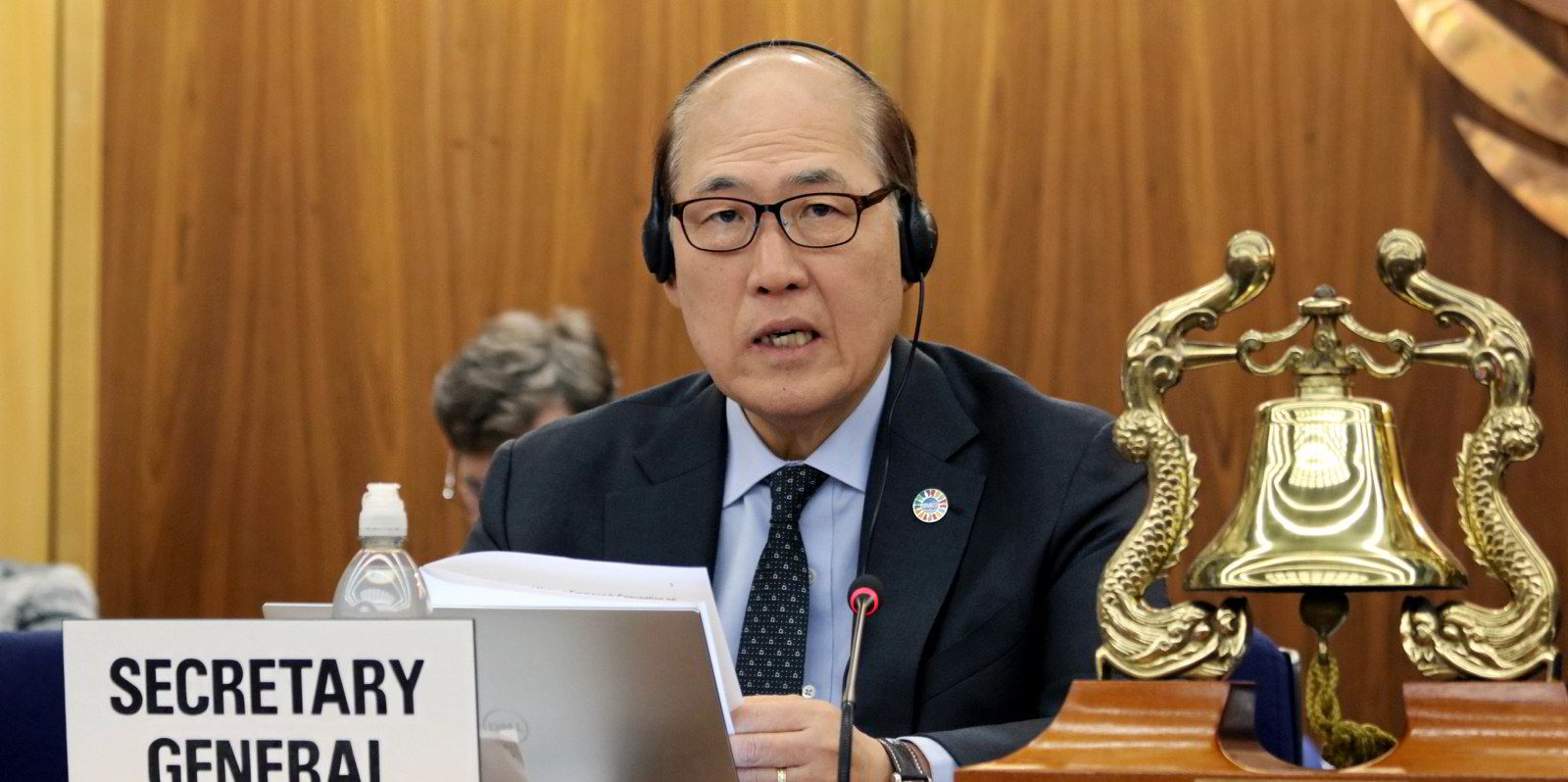
The Marshall Islands, Tuvalu, Fiji, Solomon Islands and Vanuatu are urging the IMO to set both an ambitious decarbonisation target and an “equitable transition” that does not disadvantage developing economies.
The key to achieving the goal is to establish a market-based measure (MBM) based on the principle that the polluter pays, say the Pacific Island states.
Two of the states have already proposed a direct levy of $100 per tonne of carbon emissions as an MBM. They also want to see the IMO establish a mechanism for the “equitable” distribution of funds.
The countries believe the funds should be distributed in a way that compensates developing countries for the damage caused by global warming and helps them to keep up with technological developments in the shipping industry.
“IMO member states need to agree it has a responsibility to assist directly those most vulnerable states suffering the worst effects arising from shipping's historical, current and future pollution that they have not contributed to and simply cannot adequately respond to with their internal resources,” the Pacific Island states argued.
Japan in its proposal for a zero-emission shipping incentive scheme proposes a levy on emissions that would be used to compensate owners who have taken on the extra cost of building zero-emission ships.
It also recognises the need to establish a system to assist developing countries to address climate change, which will contribute to an equitable transition and also address disproportionately negative impacts on some states of climate change measures.
